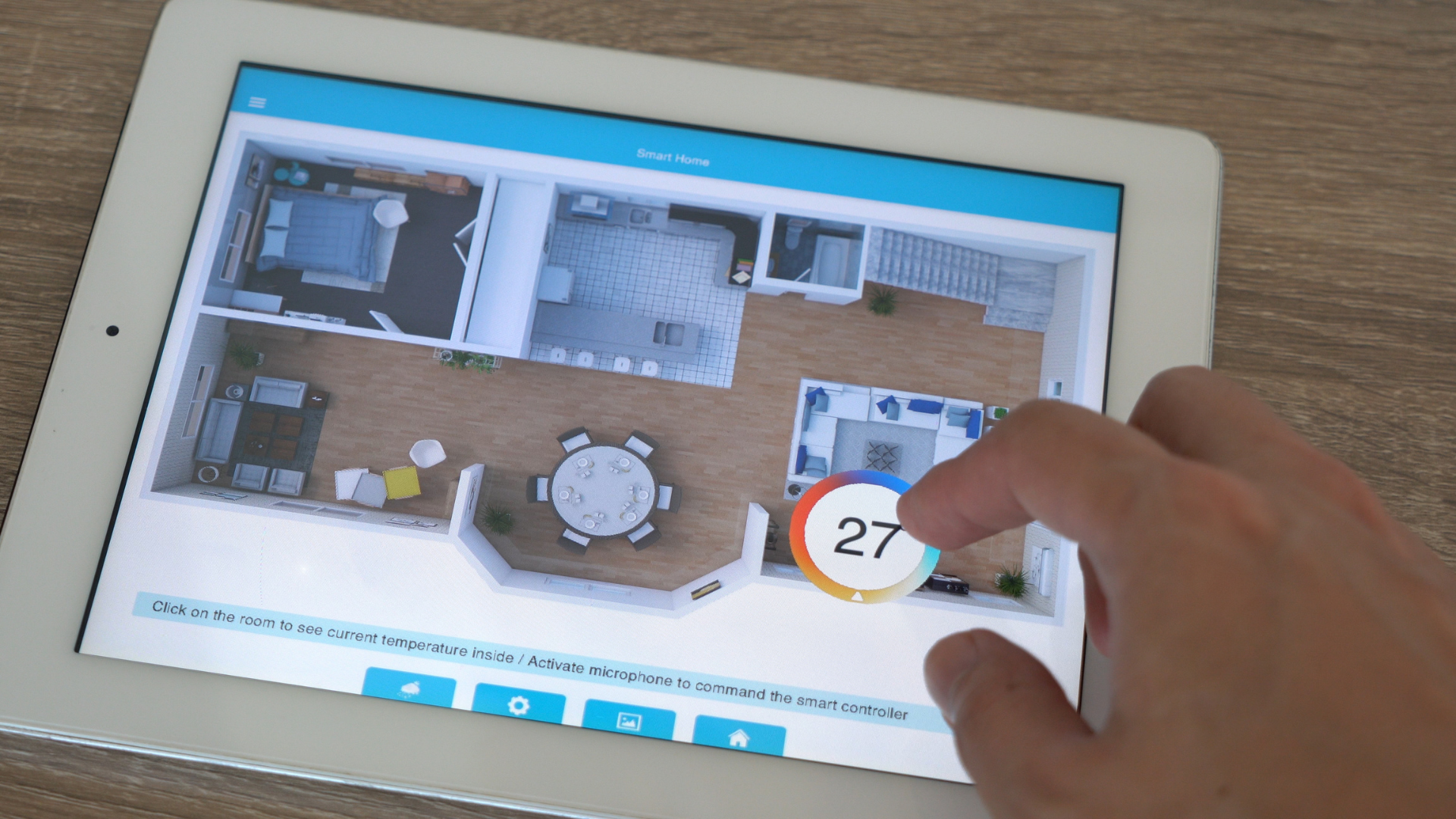VPNs have been around for a while, but in the past few years, they have really gained popularity. They are great tools for encryption, anonymity, and protecting your privacy online. The good thing is that these days you don’t even have to be an expert to use them; all you need is a good VPN provider and some basic understanding of how VPNs work.
What are VPNs?
VPNs are virtual private networks, which can help you keep your online activity anonymous and secure. They work by encrypting your traffic and sending it through a remote server so that anyone monitoring your traffic will only see encrypted data. This can help protect your privacy and security when using publicly visible Wi-Fi networks, making it harder for people to track your activity.
VPNs can also be used to access blocked content, such as BBC iPlayer in the UK. By using a VPN, you can bypass geo-blocks and access content that is not normally available in your country. VPNs are also useful for protecting yourself from cyber-attacks, as they can help protect your computer from being hacked.
If you’re thinking of using a VPN, there are a few things to consider. First, make sure that the VPN provider you choose is trustable and reputable. Second, make sure that the VPN software you’re using is compatible with your device(s). Third, make sure that the VPN connection is fast and stable. Finally, make sure you understand how to use the VPN (and have an emergency backup plan if things go wrong).
Why Should I Use a VPN
There are many reasons why you might want to use a VPN. Perhaps you work in an office with restrictive policies on what devices you can use, or you’re living in a country with heavy censorship that makes it difficult to access the internet.
Protect by Encrypting Data
VPNs protect your data by encrypting it before sending it across the internet. This means that even if someone was monitoring your traffic as it crossed the VPN, they wouldn’t be able to understand what was being said or done.
Provide Secure Connection
VPNs also provide a secure connection to the internet. If you’re using public Wi-Fi at a cafe, for example, a hacker could intercept your data as it travels between your computer and the cafe’s router. By using a VPN, you create an encrypted tunnel between your computer and the cafe’s router, ensuring that your data is safe from interception.
Can Be Used for Entertainment
VPNs can also be used for entertainment purposes. Many people use VPNs to watch streaming content, such as Netflix or Hulu, without worrying about their privacy being compromised. By using a VPN, you can also watch explicit and sensuous content like those available at GayPornHD (or similar sites) without being tracked or risking your data security.
Who Uses VPNs
VPNs are used by many different people for a variety of reasons. Some people use VPNs to protect their privacy. They use a VPN to hide their IP address, which is the number that identifies your computer on the internet.
Others use VPNs to access blocked websites. They use a VPN to unblock websites that are blocked in their country or their office.
Still, others use VPNs to secure their online transactions. They use a VPN to encrypt their traffic so that their online activities are private and safe from prying eyes.
What are the Benefits of Using a VPN
VPNs can provide a number of benefits for users. These include the ability to securely access online resources from anywhere in the world, privacy and security when online, and avoiding geo-blocking and other restrictions.
Added Layer of Protection
VPNs can also offer an added layer of security when using public Wi-Fi networks. With a VPN server, you can have a secure connection to the internet that is not tied to your physical location. This can help protect your data from being stolen or hacked.
Bypassing Censorship
You can bypass censorship with VPNs. It can also be useful for accessing blocked content. Using a VPN server located in a country with less restrictive internet laws, you can access websites and services that are normally unavailable in your region.
VPNs are not free, however, and they may require subscription fees or payment methods such as tokens. Some VPN providers also offer special discounts for students and members of military families.
How to Set Up and Use a VPN
Your browsing will be kept secure. There are a few different types of VPNs, but all of them work in the same way. With a VPN, your computer will be a part of a network that is completely separate from the one you are using on the internet. Anyone else who tries to access your information or location while you are connected to the VPN will not be able to.
There are a few different ways to set up a VPN. You can use a dedicated VPN software program, or you can use a VPN service like NordVPN. NordVPN is one of the most popular VPNs in the world, and it has several different versions available for different devices. You can also use a VPN on your router. This means that you can set up a VPN even if you do not have any other devices that are capable of using a VPN.
Once you have set up your VPN, you need to connect to it. You can do this by clicking on the “connect” button. Once you have connected to your VPN, you will need to set up your VPN password. You can do this by clicking on the “settings” button, and then clicking on the “VPN” tab. You will then need to enter your VPN password.
Once you have set up your VPN, you can use it to browse the internet securely and privately. You will not be able to access any websites or information that is not part of the VPN network, and anyone who tries to access your information will be prevented from doing so.





